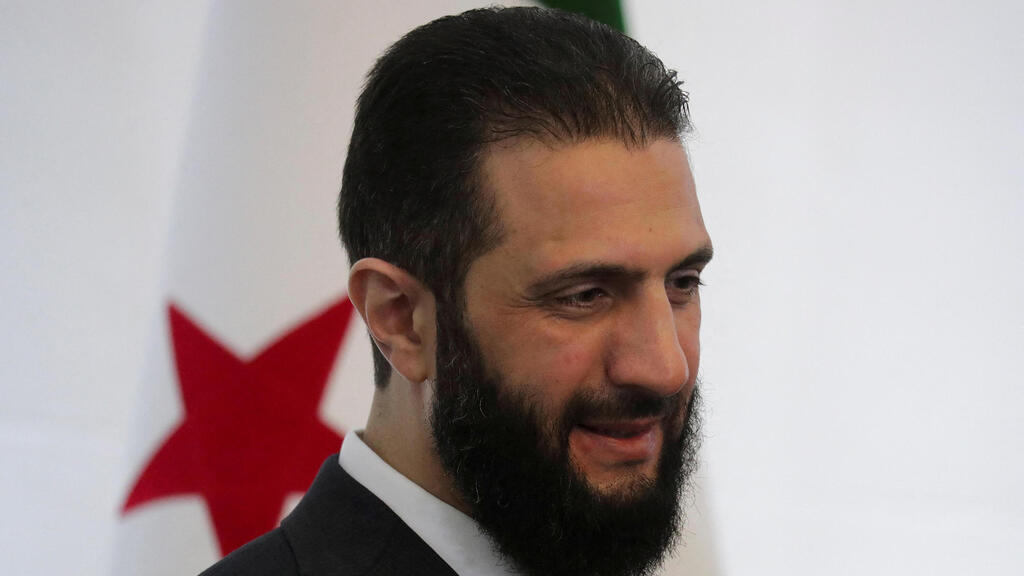Getting your Trinity Audio player ready...
For the first time in more than five decades, Syrians are observing the holy month of Ramadan without the rule of the Assad family, following the collapse of Bashar Assad’s government earlier this year. The fall of the regime, which had maintained power since Hafez Assad’s coup in 1970, marks a historic turning point for a country ravaged by 14 years of civil war. This Ramadan, residents across Syria are participating in the holy month free from the daily threat of airstrikes, mass arrests and political repression that had become hallmarks of the Assad years.
“During Ramadan, the deposed Syrian regime’s warplanes would appear overhead at iftar [the evening meal breaking the daily fast] time and drop barrel bombs and missiles. Dozens would die every day. We have painful memories of Ramadan under Assad,” Omar, a resident of Idlib, said.
Bushra, whos husband was killed in a 2014 airstrike in rural Idlib, described Ramadan as a time of grief. “Ten years ago, just before iftar, my husband — a nurse — was working in a hospital near Ma’arrat al-Nu’man when regime warplanes bombed it. A surgeon, my husband and several patients were killed instantly. Ramadan has been a time of mourning for me ever since,” she said.
In areas that bore the brunt of Assad’s military campaign — such as Hama and Idlib — this Ramadan marks the first time in years that people are observing the month without fear of government attacks. “It was a way to inflict maximum suffering,” Mahmoud, an English teacher in the Hama province town of Halfaya, said. “People here are relieved to experience Ramadan without bombings for the first time in years.”
Even in Damascus, which remained under government control for most of the war, residents say there is a new sense of freedom. “This is the first Ramadan after Assad’s fall, and people are overjoyed,” said Aiham, a clothing merchant. “There are no soldiers harassing people in the streets, no mass arrests. The old regime used to storm markets at peak hours to arrest young men or raid homes at iftar and suhoor [the pre-dawn meal before fasting begins].”
Get the Ynetnews app on your smartphone: Google Play: https://bit.ly/4eJ37pE | Apple App Store: https://bit.ly/3ZL7iNv
Despite Assad’s fall, pockets of fighting persist between remnants of the old regime and the new authorities. In the coastal region, clashes during the current Ramadan have killed more than 1,000 civilians and several hundred security personnel, according to local officials.
3 View gallery


Syrians look for sweets to buy during Ramadan, the holy month for Muslims, in Damascus, Syria
(Photo: AP Photo/Omar Sanadiki)
While the violence has not ended completely, many Syrians are taking advantage of the opportunity to revive religious and cultural traditions that were restricted or heavily surveilled under the Assads. The government tightly controlled mosque sermons, banned prayer during military service, and maintained heavy surveillance over religious practices.
Still, the country faces a paralyzing economic crisis. The Syrian pound has collapsed, with 1 U.S. dollar now trading at roughly 13,000 pounds. Some areas have turned to the Turkish lira as a more stable alternative. Prices for basic goods have skyrocketed.
“Ramadan requires a lot of money for food and drinks, but the cost of living is unbearable,” said Doha, a resident of Damascus.
Economic expert Samir Tawil said that the fall of Assad has not brought immediate financial relief. “Improving Syrians’ purchasing power in light of the difficult economic conditions after the fall of the Assad regime requires a set of economic and social solutions, whether in the short or long term,” Tawil said.
3 View gallery


Supporters of Syria's new government gather after the prayer in Umayyad square in Damascus, Syria
(Photo: AP Photo/Omar Sanadiki)
He called for government subsidies or humanitarian support for basic goods like flour, sugar and oil, as well as the expansion of financial aid programs through cash grants or shopping vouchers. “Supporting essential goods through subsidies and regulating prices is crucial,” he said, emphasizing the need for market oversight to prevent traders from exploiting the crisis.
To ease the burden, Syrian businessman Wael Al-Khalidi and his brother, political figure Firas Al-Khalidi, have launched a nationwide food aid campaign. “There is a dire need for humanitarian assistance,” they said, warning that widespread poverty persists and millions remain displaced in camps.
Still, for many, the atmosphere this Ramadan feels festive and hopeful. Streets are lit with lanterns, and markets are filled with traditional Ramadan foods like ma’arouk, a sweet bread flavored with dates or spices; jallab, a fruit syrup drink made from dates and grape molasses; and licorice juice. Many Syrians say they are not only celebrating the holy month but also a renewed sense of national dignity and freedom.
After more than a decade of bombings, chemical attacks, sieges, and political persecution, the first post-Assad Ramadan offers Syrians a glimpse of what peace might look like.



